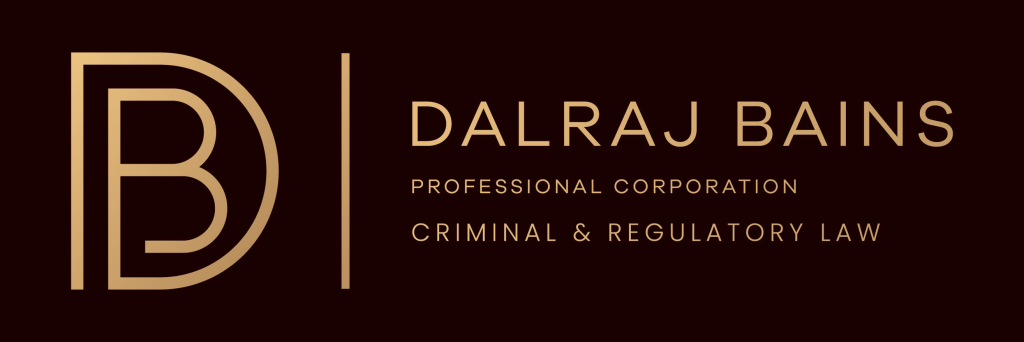Your Bail Hearing Lawyer
A bail hearing is a judicial process under the Criminal Code of Canada where a Judge or Justice of the
Peace determines whether an accused person should be released from custody pending their trial or be
detained. Following an arrest, the accused is typically brought before a court within 24 hours for a bail
hearing. The Crown must justify detention based on one or more of three grounds: (1) Primary Grounds:
Ensuring the accused attends court, (2) Secondary Grounds: Protecting public safety, including the risk of
reoffending, or (3) Tertiary Grounds: Maintaining public confidence in the administration of justice. The
accused may present evidence or arguments supporting release, such as ties to the community,
employment, or lack of a criminal record. The court may impose conditions on release, such as reporting
requirements, no-contact orders, or house arrest, to mitigate risks. If bail is granted, the accused may
need to provide sureties or a cash deposit. If denied, the accused remains in custody, but they can seek a
bail review.
Your Bail Review Lawyer
A bail review is an application to reconsider a bail decision, typically heard by a higher court, such as the
Superior Court of Justice. A bail review may be sought by either the accused or the Crown. The applicant
must demonstrate a material change in circumstances or argue that the original decision was legally
flawed. The review process is not a re-hearing but focuses on whether the initial decision was reasonable
and legally sound. Outcomes may include granting bail, modifying conditions, or upholding detention.
Both bail hearings and reviews balance the accused’s right to liberty under the Canadian Charter of
Rights and Freedoms with public safety and judicial integrity, ensuring a fair and tailored assessment.
If you require legal assistance for bail related matters, please contact us now for a confidential
consultation.
